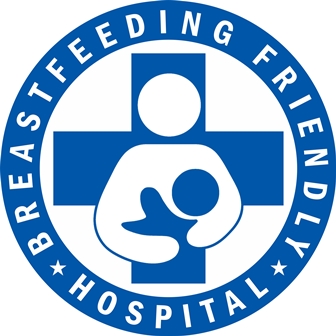10 STEPS OF BABY FRIENDLY HOSPITAL INITIATIVES

1.Critical management procedures
la. Comply fully with the International Code of Marketing of Breast-milk Substitutes and relevant World Health Assembly resolutions.
lb. Have a written ‘Infant Feeding Policy’ that is routinely communicated to staff and parents.
Ic. Establish ongoing monitoring and data-management systems.
2. Ensure that staff has sufficient knowledge, competence and skills to support breastfeeding.
Key clinical practices
3. Discuss the importance and management of Breastfeeding with pregnant women and their families.
4. Facilitate immediate and uninterrupted ‘skin-to-skin’ contact and support mothers to initiate Breastfeeding as soon as possible after birth.
5. Support mothers to initiate and maintain breastfeeding and manage common difficulties.
6. Do not provide breastfed newborns any food or fluids other than the Breastmilk, unless it is medically indicated.
7. Enable mothers and their infants to remain together and to practise rooming-in 24 hours a day.
8. Support mothers to recognize and respond to their infants' cues for feeding.
9. Counsel mothers on the use and risks of feeding bottles, teats and pacifiers.
10. Coordinate discharge so that parents and their infants have timely access to ongoing support and care.
Recent Posts
-
-
ALL ABOUT JAPA MAIDS
Nov 17, 2022
-
COSLEEPING
Nov 15, 2022
-
Morning Sickness during pregnancy
Nov 08, 2022
-
FIRST FOODS FOR THE BABY
Nov 02, 2022





